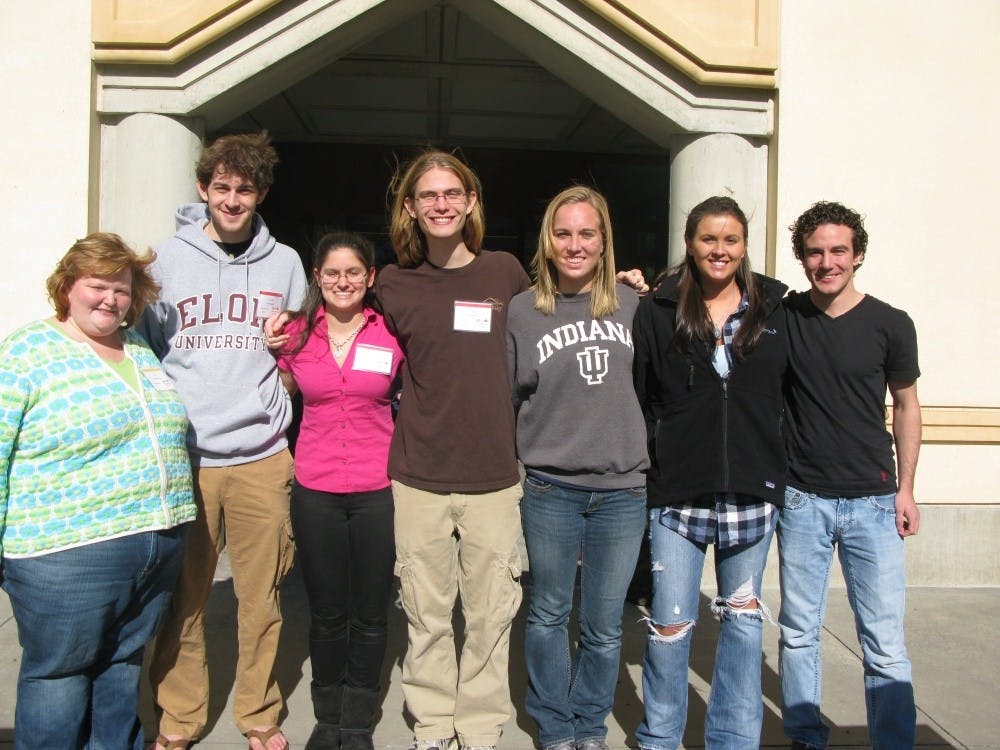Computer science majors from Elon University competed in the annual Association for Computing Machinery (ACM) International Collegiate Programming Contest against other students in the mid-Atlantic region at Duke University Nov. 5.
The contest, known popularly as the Battle of the Brains, is sponsored by IBM. Though Elon's team was not a finalist, 105 teams from regional winners worldwide will go on to compete in the world final of the competition in Warsaw, Poland.
The competition provides a reference and resume builder to all students involved, but the gold medal winners are offered an opportunity to work for IBM anywhere in the world.
The 36th annual ACM contest challenged teams of three students to use their programming skills to solve challenging, real world programs designed by computer science faculty around the country. Each team has one computer and five hours to solve as many problems as quickly as possible. Students are scored based on how quickly they answer a question and if their answer is correct.
"The competition is really about problem solving, not just programming," said Doug Heintzman, director of strategy at IBM software group and sponsorship executive of the ICPC. "Programming is only a means to an end. This competition is about solving real world problems."
Elon entered two teams of three students into this year's regional round. While the competition is a professional asset for students who will be looking for work in programming fields, they also do it for fun.
"I thought it would be a good chance to hang out with people in your major that you don't necessarily have classes with," said senior Danielle Mullin. "It was also good to do programming in a competition setting because we don't usually have that environment in class." Joel Hollingsworth, chair of the computing sciences department and coach of Elon's teams, said one of the biggest challenges the students faced during the competition was working as a team.
"Students have limited resources and will have to work together to use them in the most effective way possible," he said.
Hollingsworth organized a practice event online leading up to the competition where teams from Elon competed against students from High Point University.
"That helped to get us back into the swing of things," said junior Carter Kozak. "It helped us remember how to solve problems without having access to the Internet."
About 26,000 IT students will compete worldwide this year from 90 countries and six continents. The competition has grown tenfold since IBM began sponsoring it in 1997, when there were just 2,520 participants, according to a press release.
"When the competition started, it did not have the breadth and scope that it has now," Heintzman said. "After the Cold War, the world opened up, and it became apparent that there was talented people everywhere. The world is still getting smaller, and there is talent in all corners of it."
Heintzman said IBM works toward solving major societal problems like climate change and disease spread through IT, problems he said will be solved by future generations.
"It will take very bright people like the ones at this competition to find solutions to these problems," Heintzman said.


